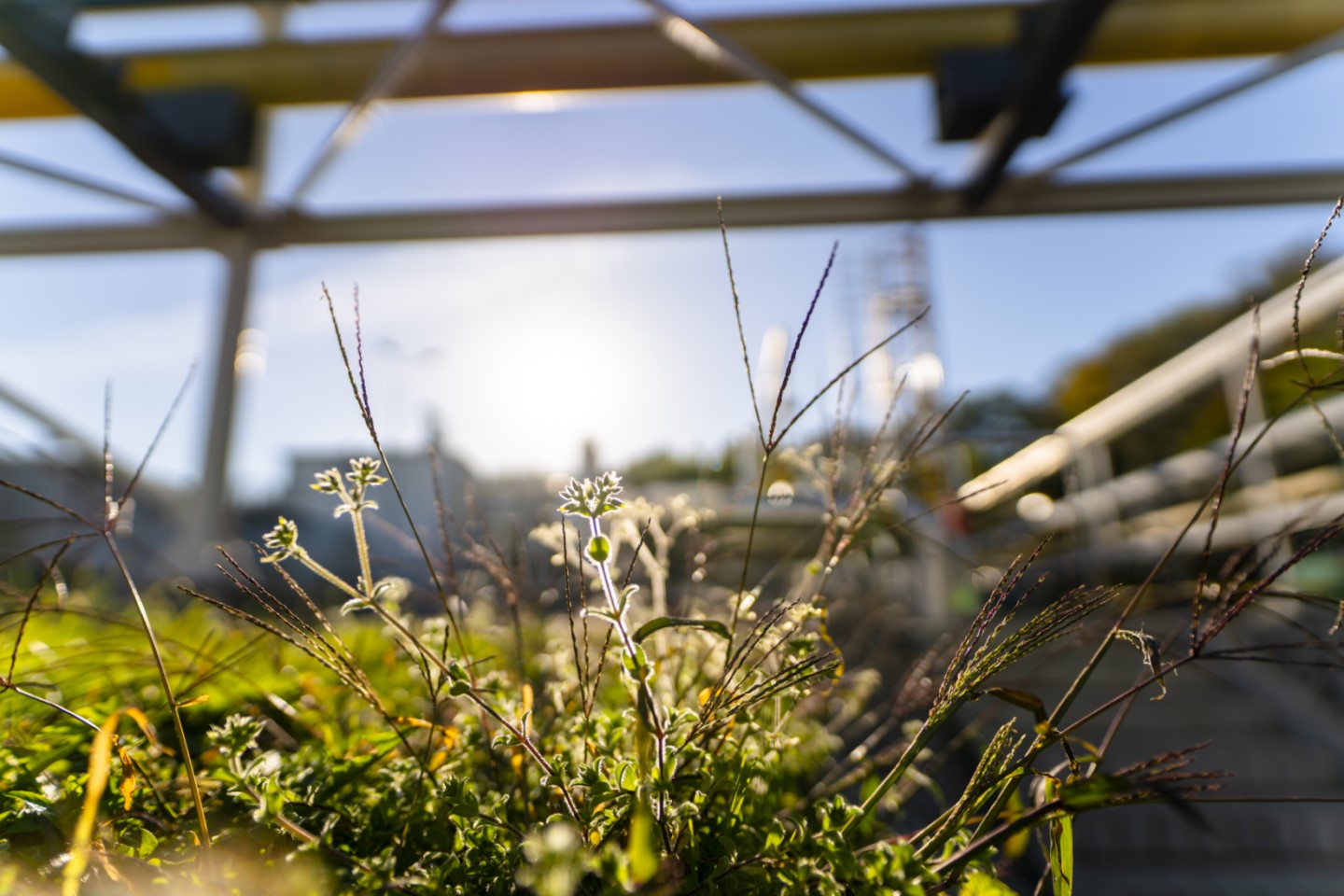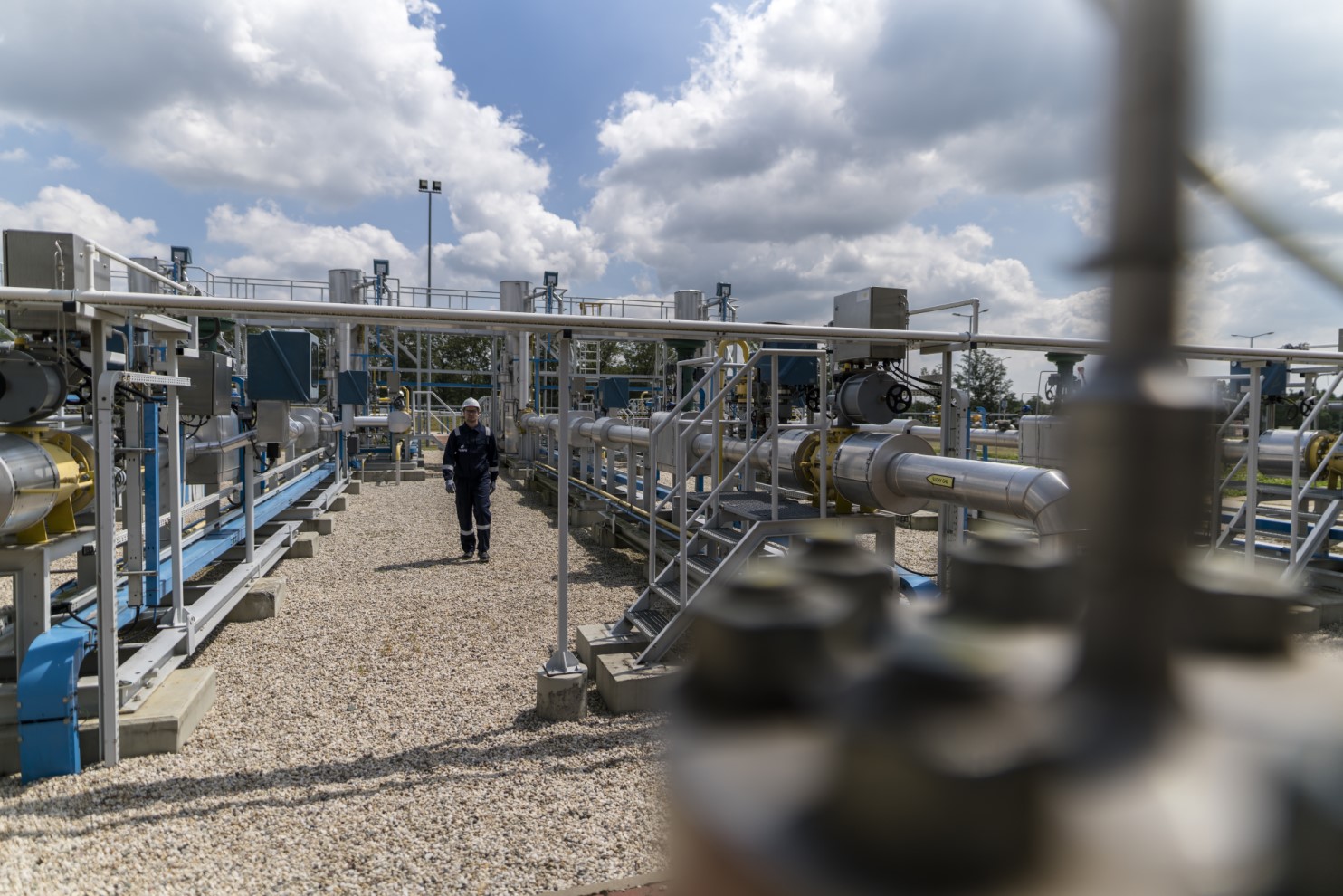In 2021, CLPB plans to expand its measurement and testing activities by acquiring new customers, expanding the service offer, increasing the use of its expertise potential and existing infrastructure, and to intensify marketing efforts through such activities as campaigns targeted at entities that use infrastructure requiring certification. Other business development initiatives will include building CLPB’s competences and infrastructure to offer qualitative and quantitative testing and analytical services for alternative fuels.
Short-term plans provide for expanding CLPB’s competences to include analysis and quality testing of hydrogen as a low-emission vehicle fuel. Currently, there is no such laboratory in Poland, and the prospect of organising one becomes a very important element in the development of CLPB in the context of the emerging market for hydrogen fuel, as well as the quantitative and qualitative testing of natural gas-hydrogen mixtures and biomethane.
2021 is expected to see the launch of innovative hydrogen technology projects as part of the Hydrogen Programme in order to acquire broadly-defined know-how related to the operation of small-capacity co-generation systems based on fuel cells, and to implement gas engine technologies for safe and low-emission combustion of natural gas-hydrogen mixtures.


